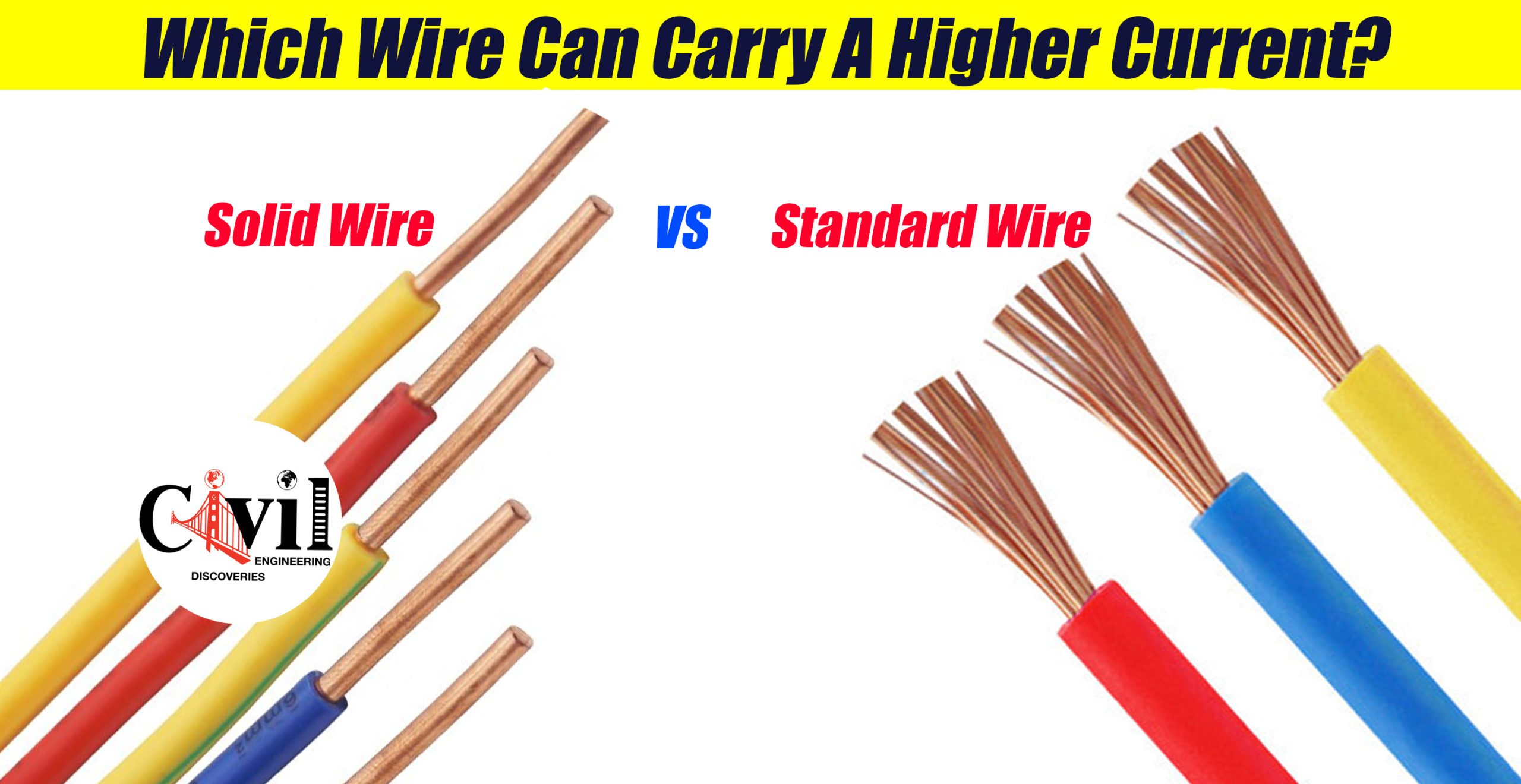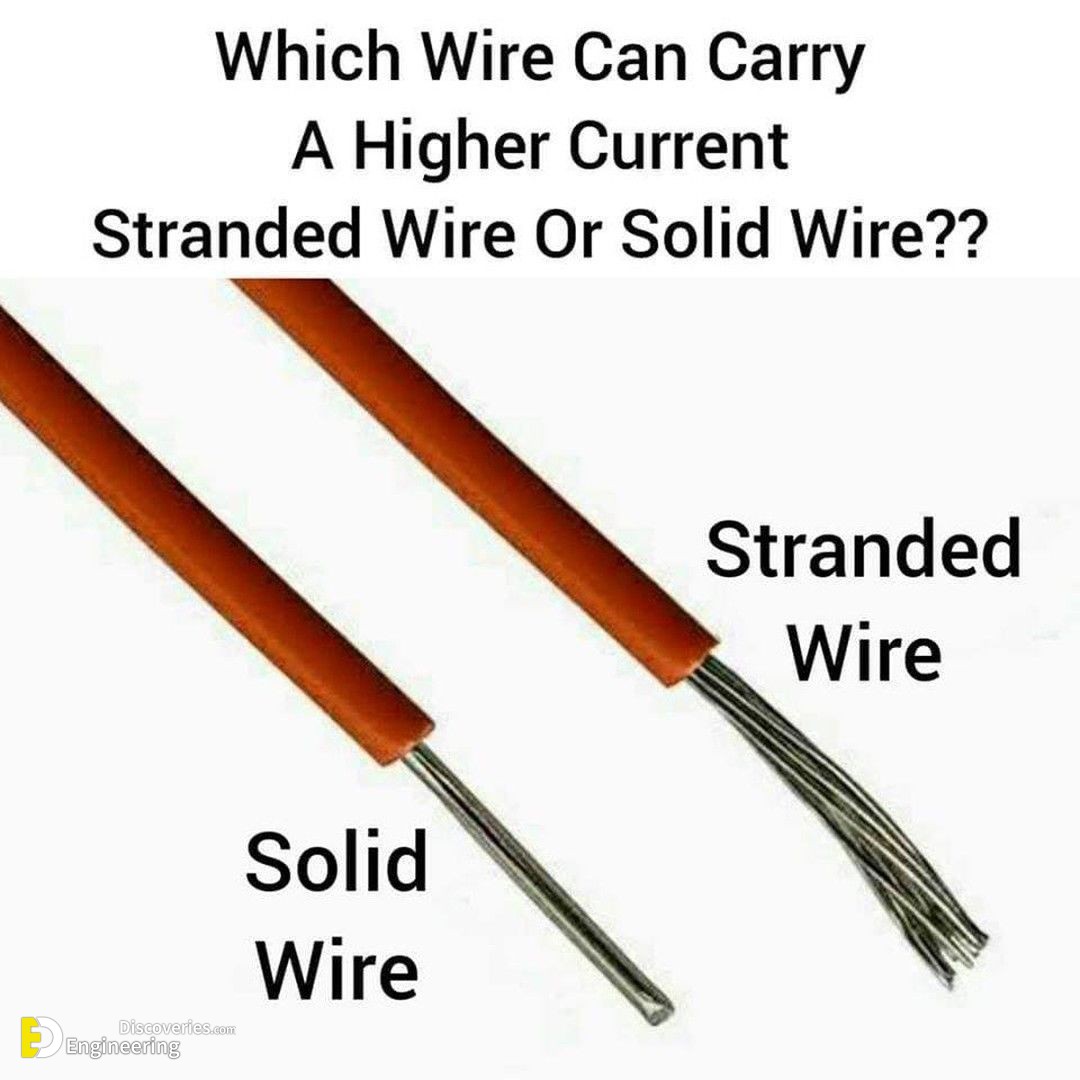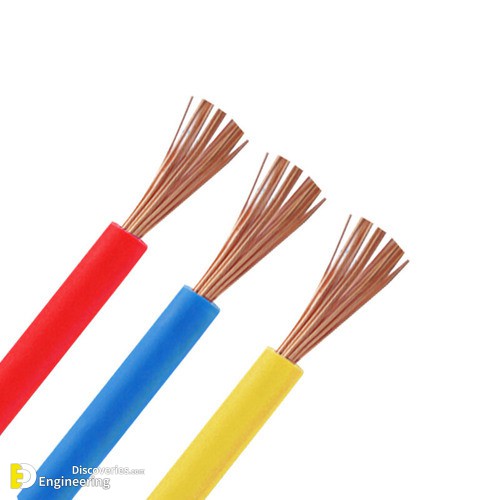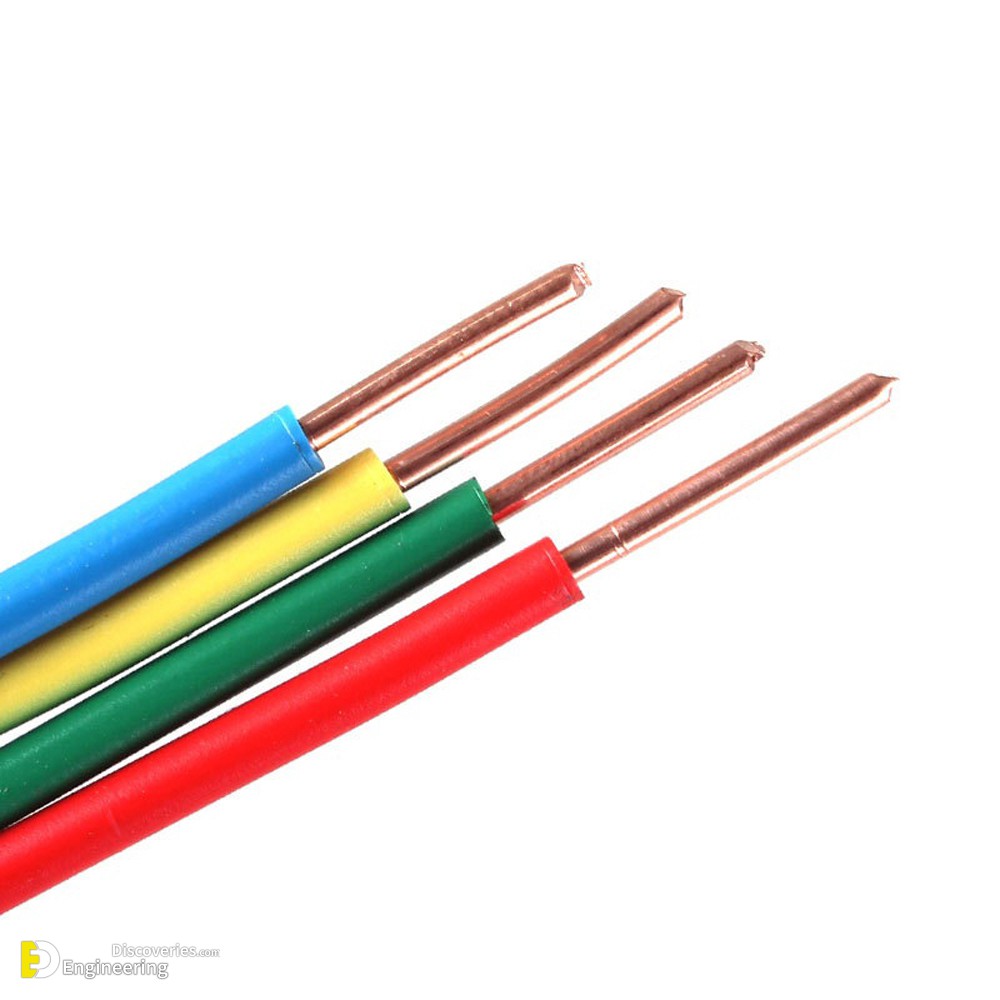Some more information about standard and solid wire
1. Stranded Wire
Because they are bundled, stranded wires are relatively more flexible, intricate, and delicate. They are better suited for indoor use on circuit boards, speaker wires, electronic devices, etc., where bending and twisting are necessary to connect electronic components. For example, an ideal application of stranded wire is in a car door where frequent bending will occur.
Stranded Wire Pros
The bundled braids of stranded cable offer a few acute benefits over the solid wire:
- Flexible
- Malleable
- Will not split or sever
Stranded Wire Applications
Stranded wires are more suited to indoor applications where bending and twisting are necessary to connect electronic components like:
- Circuit boards
- Speaker wires
- Electro-mechanical assemblies
2. Solid Wire
Solid wire is heavier, made for all-weather conditions, is anti-corrosive, rugged, and can withstand frequent, but minimal movement. An ideal application of solid wire would be carrying power through a building structure, as this requires a high current, little movement, and long-lasting durability.
Solid Wire Pros
- Weather-resistant
- Anti-corrosive
- Low cost
Solid Wire Applications
Solid wires are more suited for outdoor or heavy-duty applications where higher currents and more rigid durability are required.
- Building infrastructures
- Vehicle controls
- Outdoor applications
Click Here To See What Is The Main Difference Between DC And AC?




